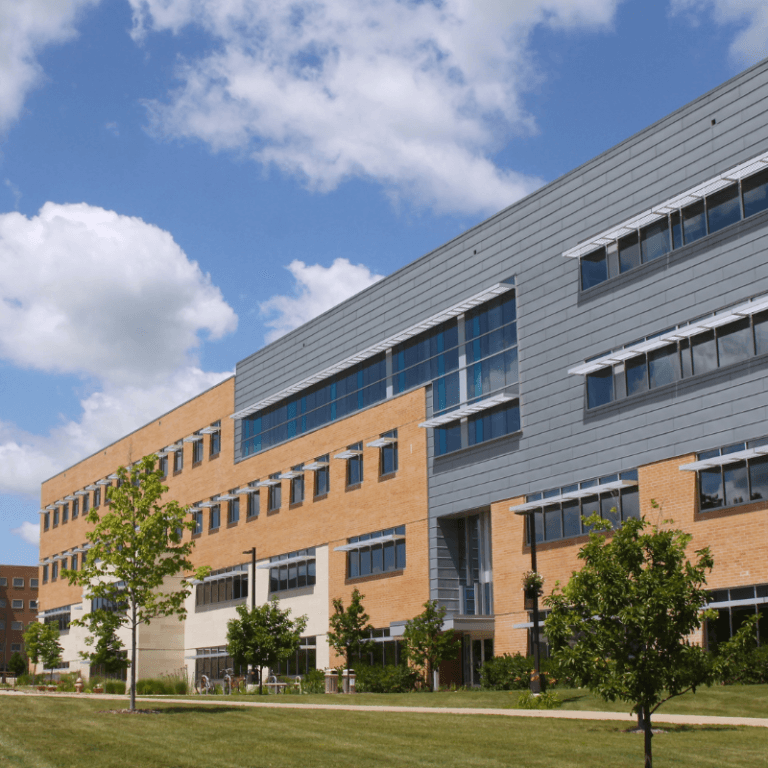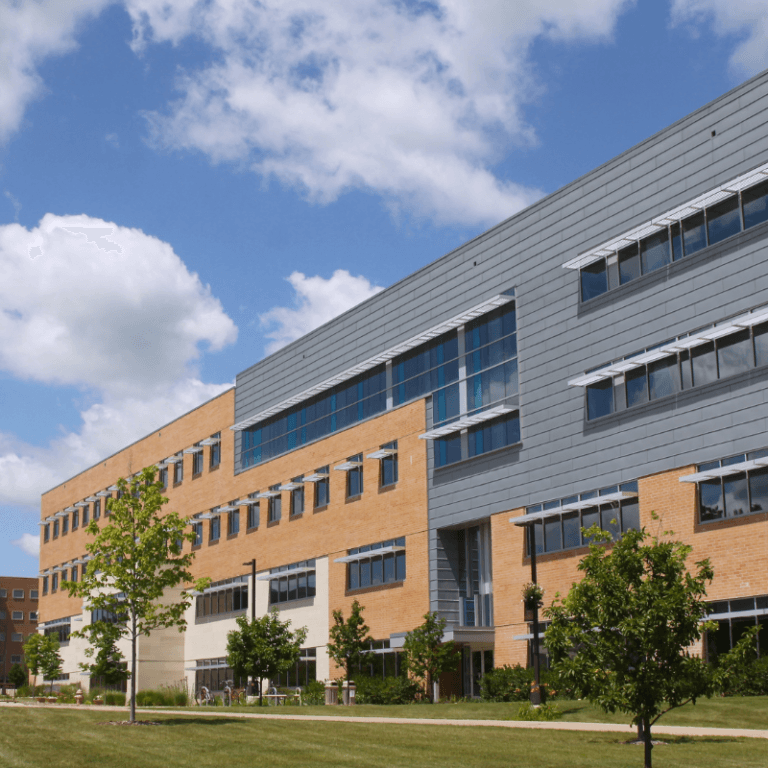About the specialty
Civil engineering specializes in the design, construction, and maintenance of infrastructure that serves society, such as multi-story buildings, bridges, tunnels, commercial complexes, oil gaming platforms, and water, road, and traffic systems. This industry is characterized by its ability to adapt to the aspirations and needs of society, as it constantly looks at contemporary environmental issues such as pollution and lack of water resources, and seeks to employ sustainable and cost-effective solutions.
Requirements for majoring in communications engineering in Malaysia
Entry requirements vary by university, but usually the criteria for a bachelor's degree are:
- High school certificate with a minimum grade of 65% or a preparatory year with 2.5 out of 4 as the lowest grade
- To study data science in Malaysia, you may need to take the IELTS (International English Language Testing System) test to prove your English proficiency. Specific requirements may vary depending on the institution and program you are applying to, so it is important to check with the university or college directly to confirm their English language requirements.
- Most institutions in Malaysia require a minimum general band score 5.5 or 6.0 In the IELTS exam for undergraduate and postgraduate programmes, respectively. However, some institutions may have higher requirements, so it is important to check with each institution to confirm their specific requirements.
- Some institutions may also have minimum score requirements for each individual component of the exam, such as the Listening, Reading, Writing and Speaking sections.
In general, it is important to prepare thoroughly for the IELTS exam to achieve the required scores, which may include practicing sample test questions, taking preparation courses, and working with a teacher or language coach to improve your English skills.
Duration of study to study specialization in Malaysia:
Usually, a bachelor's degree takes 4 years. While the duration of study for a master’s degree is from one and a half to two years.
The most important Arab and international universities for studying civil engineering
International universities:
- Massachusetts Institute of Technology (MIT) – United States
- Stanford University - United States
- University of California, Berkeley – United States
- ETH Zurich – Switzerland
- University College London (UCL) – United Kingdom
Arab universities:
- King Fahd University of Petroleum and Minerals (KFUPM) – Kingdom of Saudi Arabia
- American University of Beirut (American University of Beirut) - Lebanon
- Cairo University (Cairo University) – Egypt
- Jordan University of Science and Technology (Jordan University of Science and Technology) - Jordan
- United Arab Emirates University (United Arab Emirates University) – UAE
Universities and enrollment fees:
| University Name | Class | Annual tuition fees | more details |
| City University | bachelor of Civil Engineering | $3,106 | more details |
| University of Petronas UTP | bachelor of Civil Engineering | $6,750 | more details |
| International Islamic University IIUM | bachelor of Civil Engineering | $4,932 | more details |
| UCSI University | bachelor of Civil Engineering | $5,495 | more details |
| UM University | bachelor of Civil Engineering | $5,375 | more details |
| SEGI University | bachelor of Civil Engineering | $5,134 | more details |
| National University of Tanaga UNITEN | bachelor of Civil Engineering | $4,875 | more details |
| University of Kuala Lumpur UNIKL | bachelor of Civil Engineering | $4,637 | more details |
| UTM University | bachelor of Civil Engineering | $4,302 | more details |
| UTHM University | bachelor of Civil Engineering | $1,931 | more details |
More details about the specialization:
The civil engineering specialty is concerned with the design, construction, maintenance and operation of infrastructure that serves society, such as roads, bridges, buildings, water and sanitation systems, airports, ports, etc. Civil engineering is considered one of the most important, diverse and applied engineering disciplines in our daily lives.
The civil engineering specialty includes a group of branches and specializations related to the design and implementation of infrastructure, including, for example:
1. Road and transportation engineering: which is concerned with the design and construction of roads, bridges, and public and private transportation systems.
2. Infrastructure engineering: It includes the design and construction of water and sanitation systems, energy and communications networks.
3. Structural engineering: which deals with the design and analysis of architectural, mechanical and structural structures, such as buildings, bridges and towers.
4. Environmental Engineering: It focuses on protecting the environment, managing natural resources, and developing sustainability in engineering projects.
5. Management and Planning Engineering: which is concerned with managing and organizing engineering projects in terms of planning, implementation, monitoring and evaluation.
Skills required in this specialty:
Studying civil engineering gives you a variety of technical skills that are valued by companies and organizations in various sectors, including engineering, construction and real estate. With a strong understanding of science, mathematics, and technology, you will learn how to design and construct structures efficiently, helping to make better use of resources and technologies. Through practical, real-world projects, you will gain practical experience in applying your engineering knowledge and working effectively with a team.
The transferable skills you gain studying civil engineering include:
- Ability to innovate and solve problems
- Critical thinking skills
- Ability to analyze and interpret data
- ICT skills
- Ability to analyze and make decisions
- Awareness of ethical issues.
Career paths for communications engineering graduates:
- Building control surveyor
- CAD technician
- Providing consultations as a civil engineer
- Hiring as a civil engineer
- design engineer
- Nuclear engineer
- Site engineer
- Structural Engineer
- Water engineer
- Building services engineer
- Construction Director
- Engineering geology
- Fire risk assessor
- Geographic technical engineer
- Patent attorney
- Space of spaces
- Sustainability consultant
- Urban designer
















